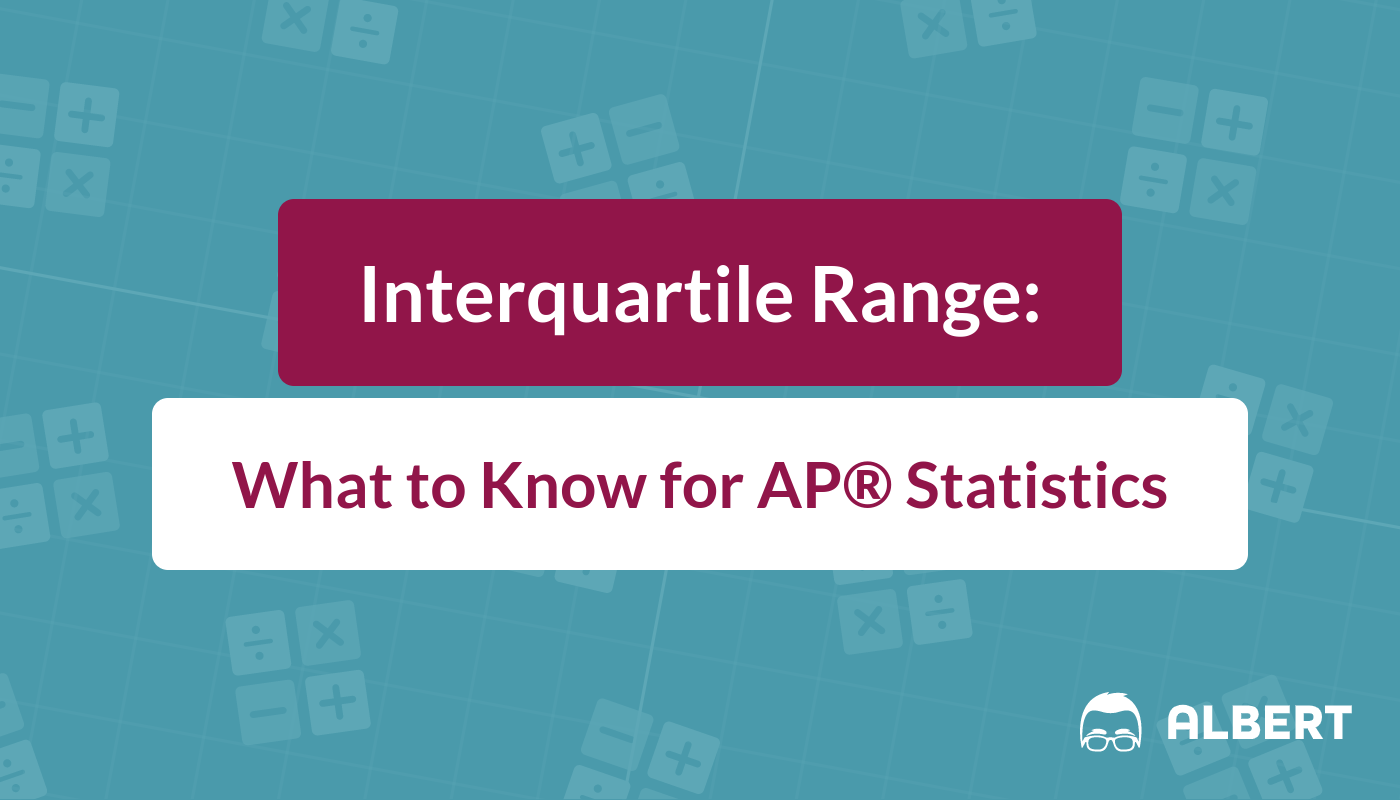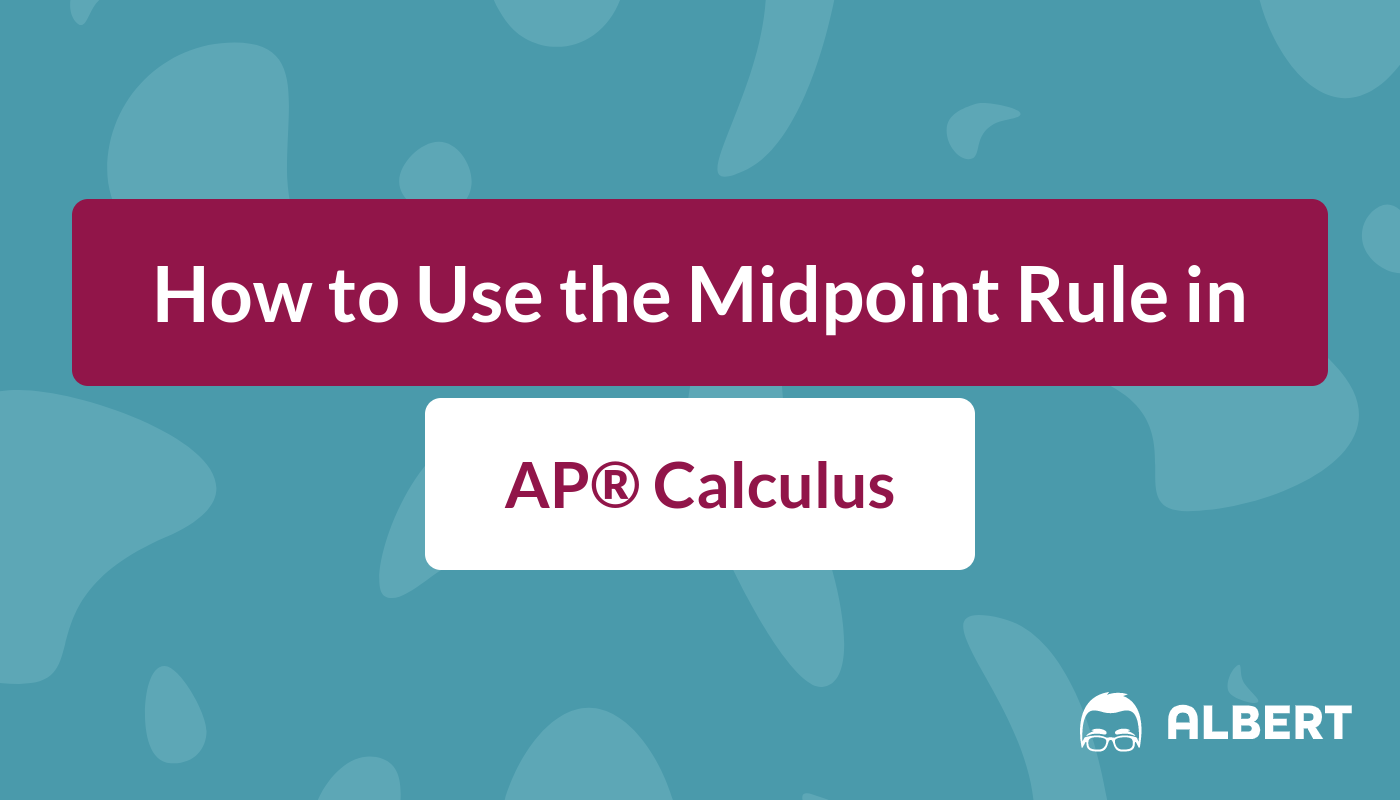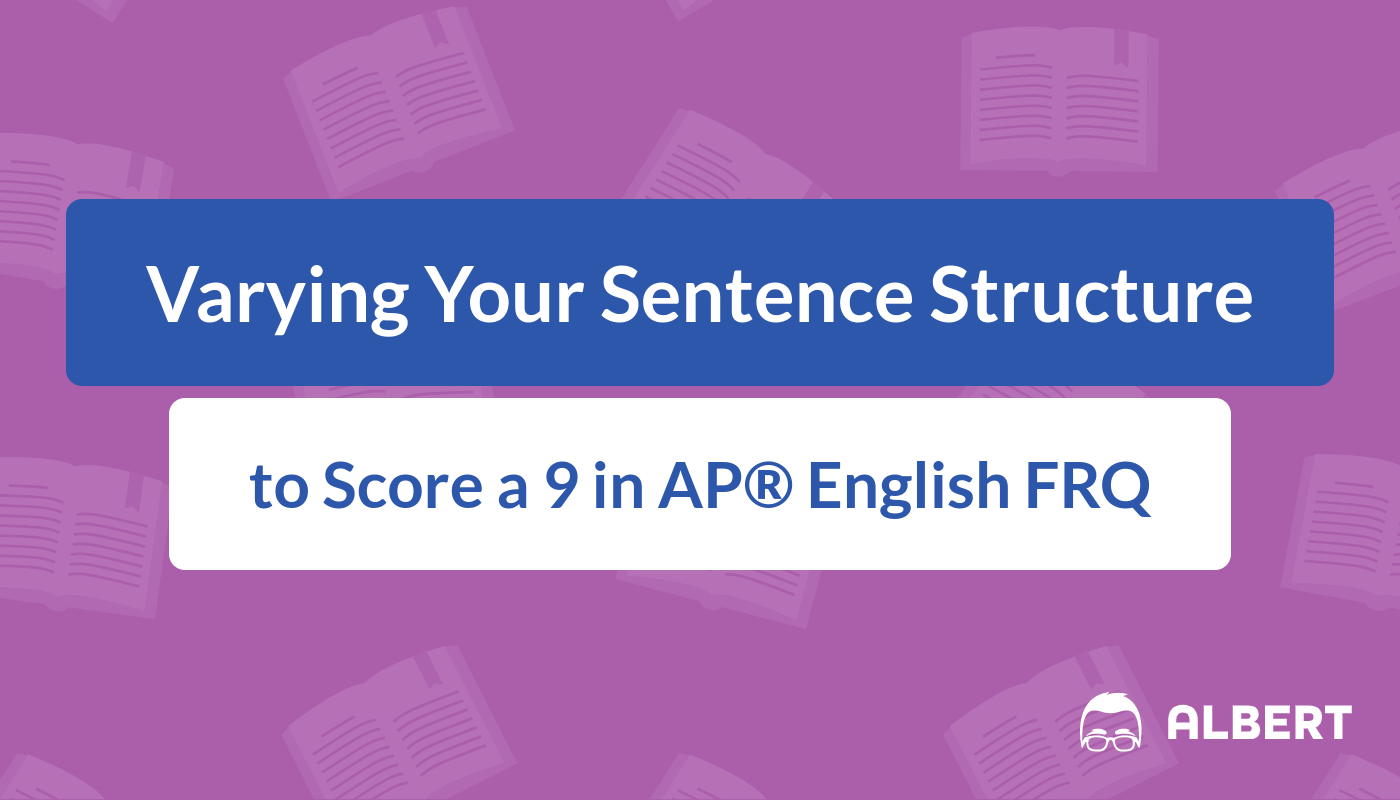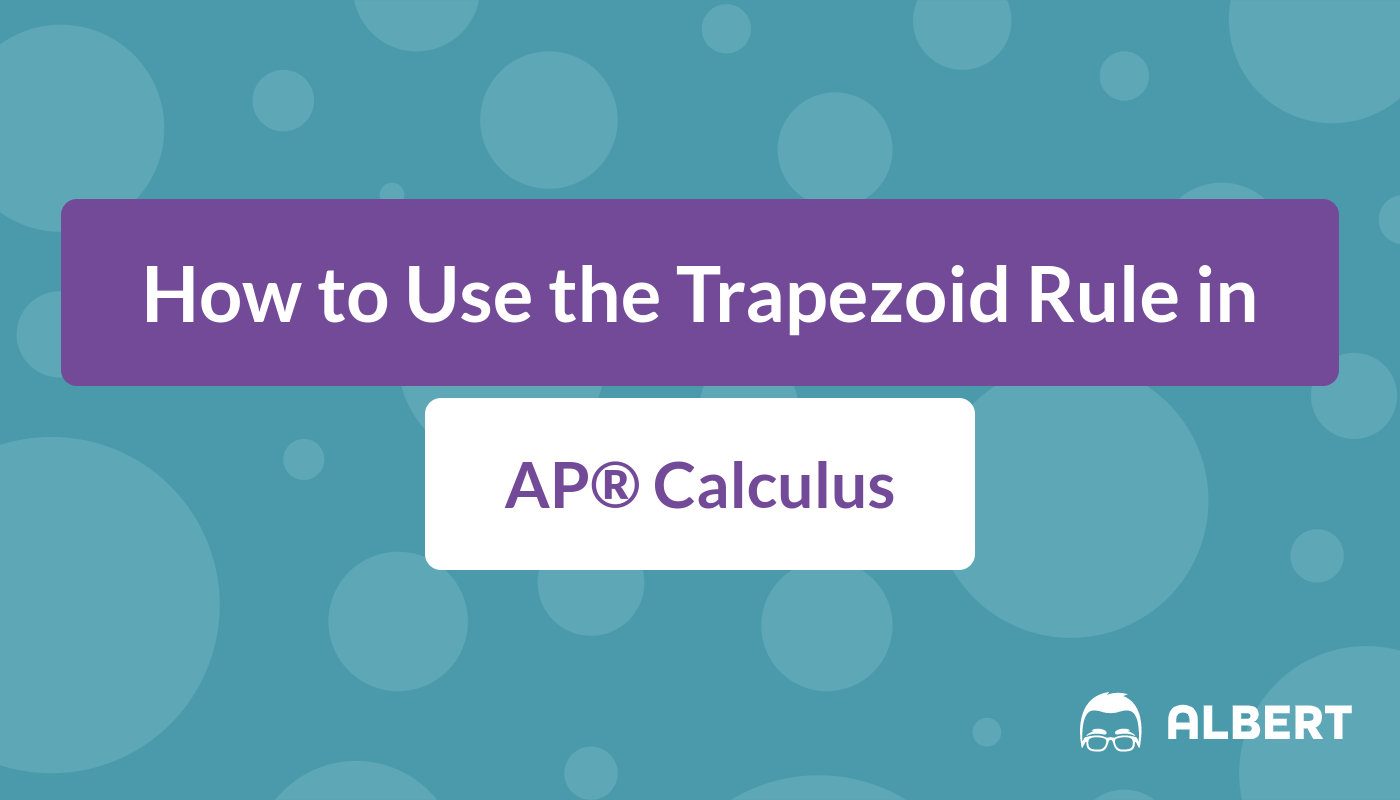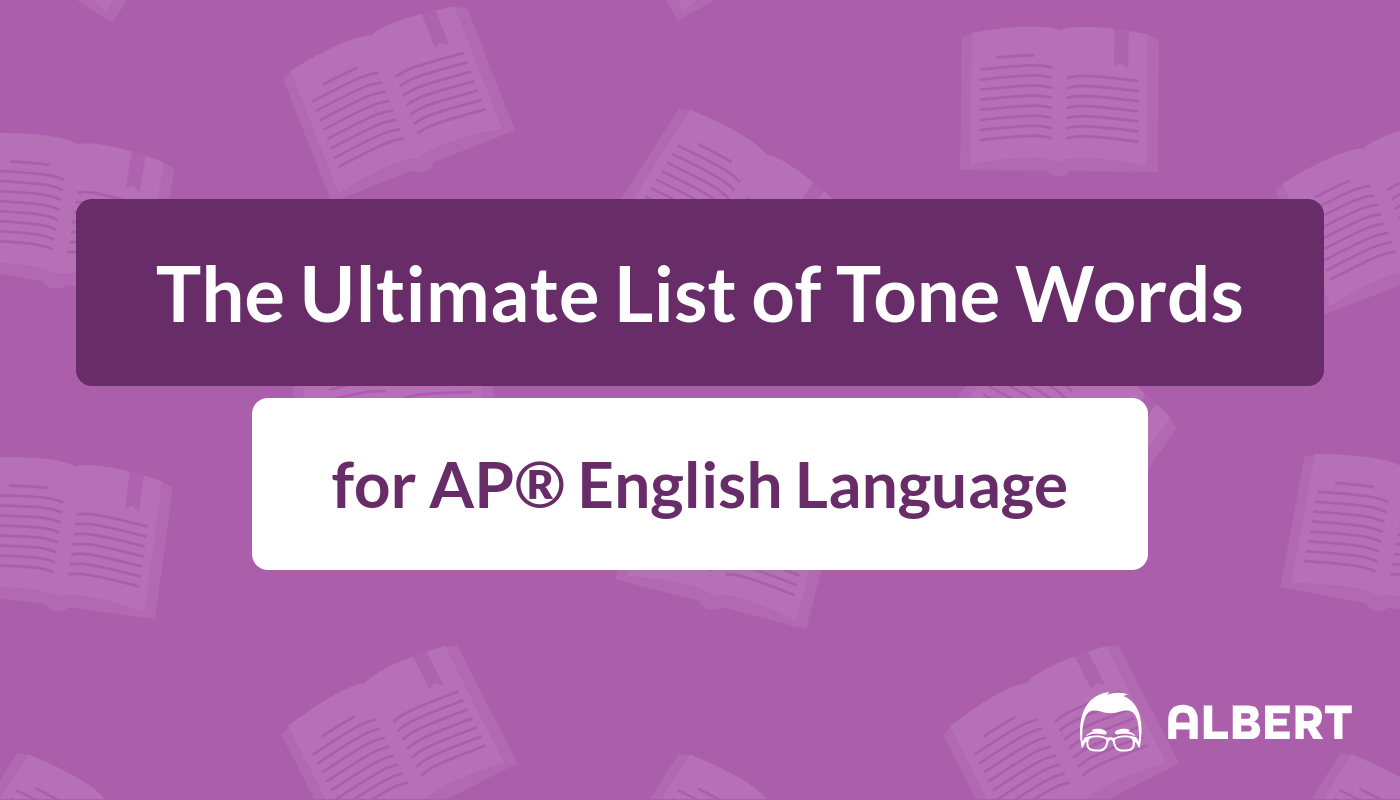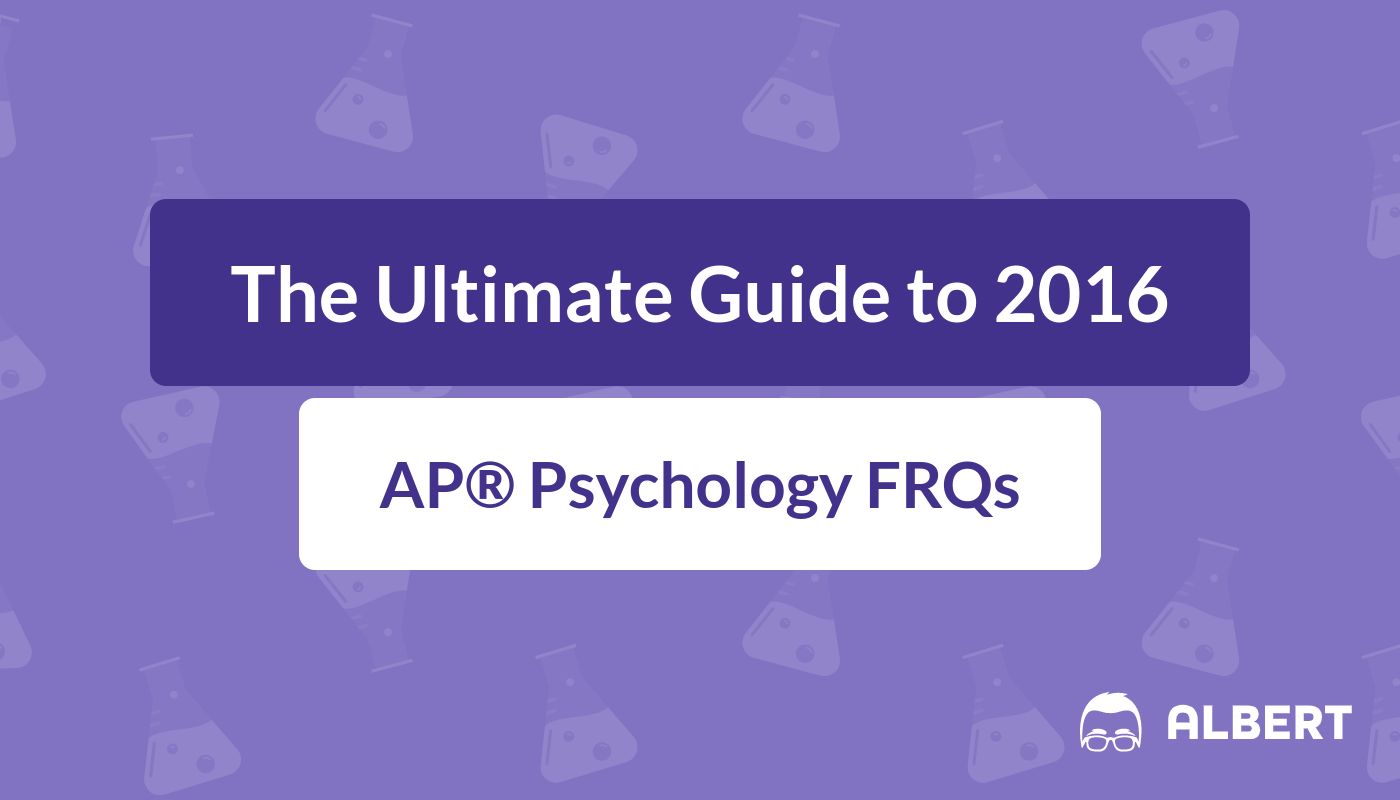Interquartile Range: What to Know for AP® Statistics
In this article, you will learn about some of the useful concepts in statistics like quartiles and the Interquartile Range (IQR). These concepts allow graphical representation of several probability distributions and also help create box and whisker plots, which are an effective way to represent and compare data.

